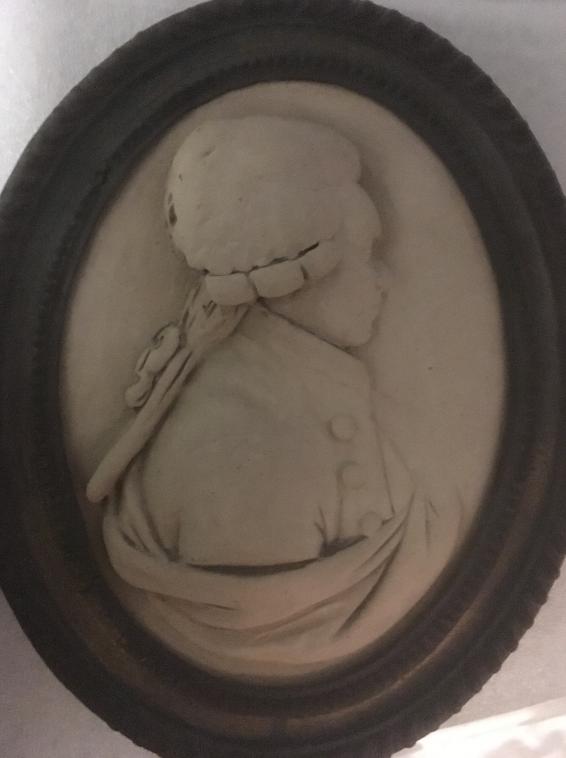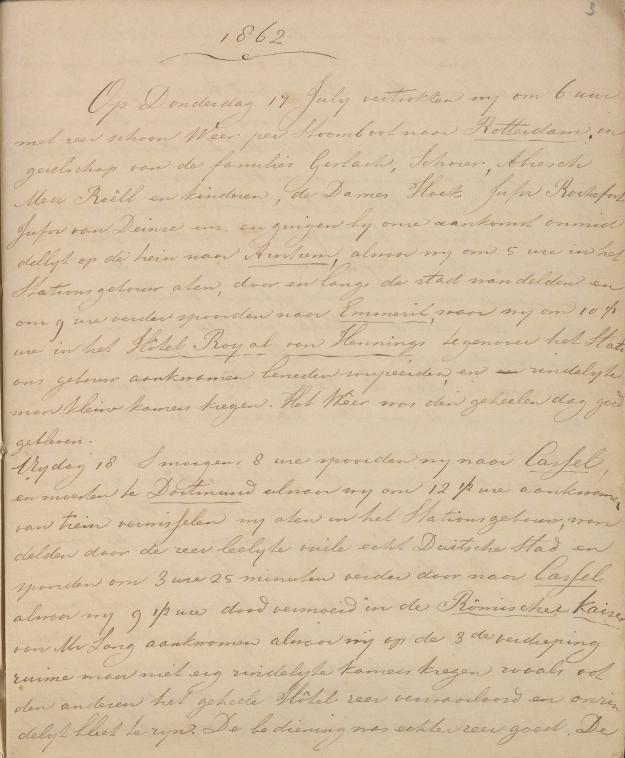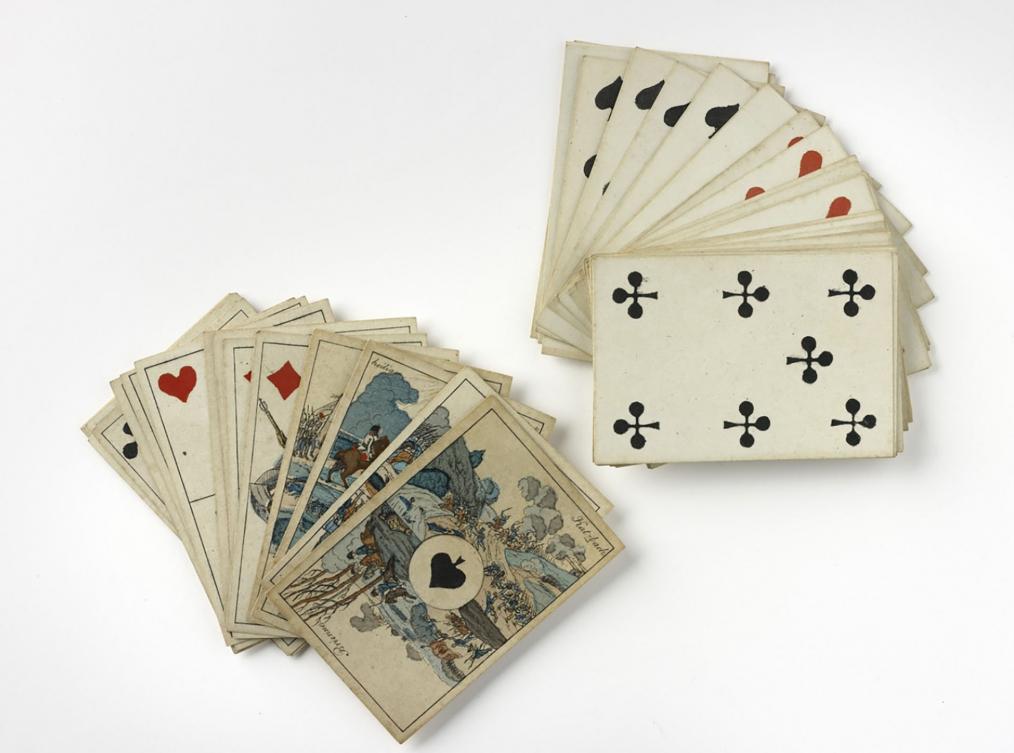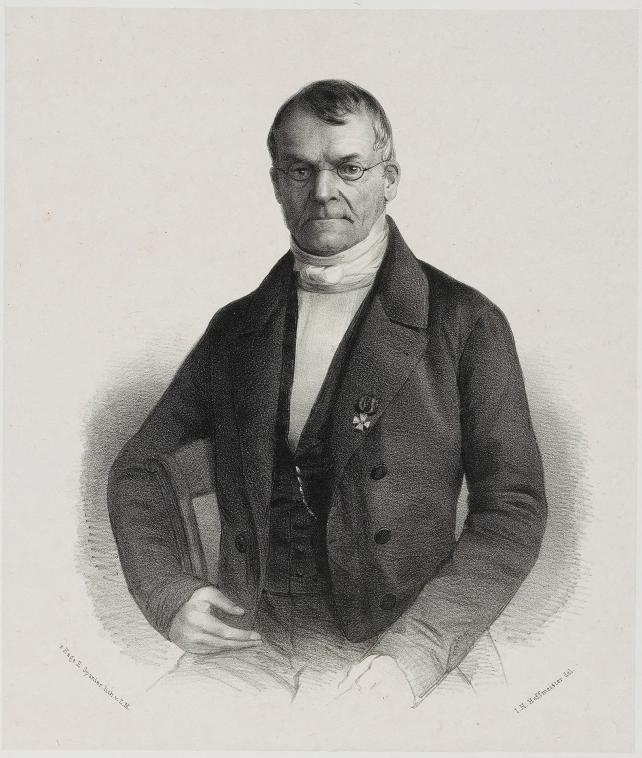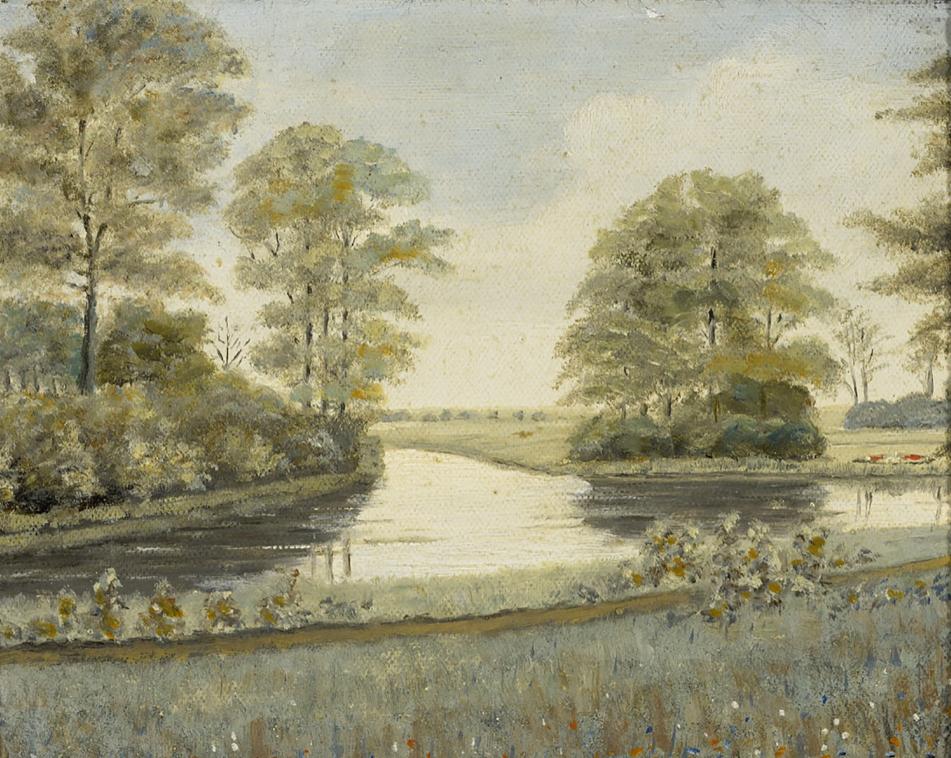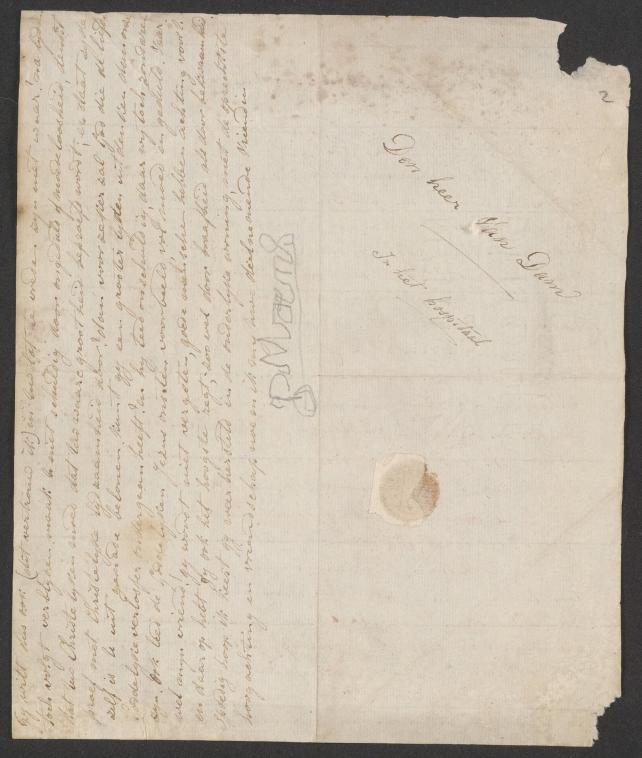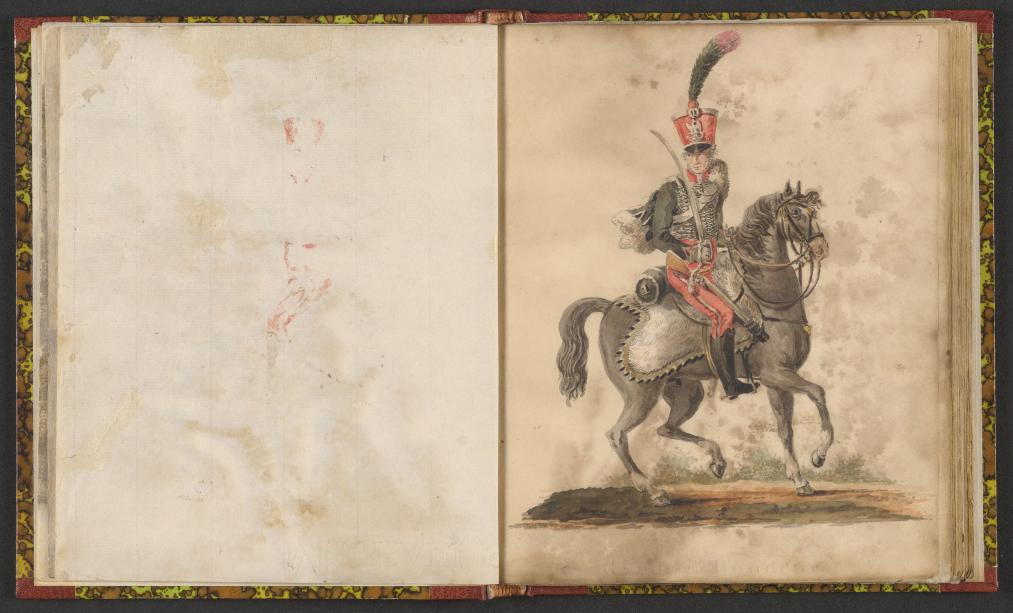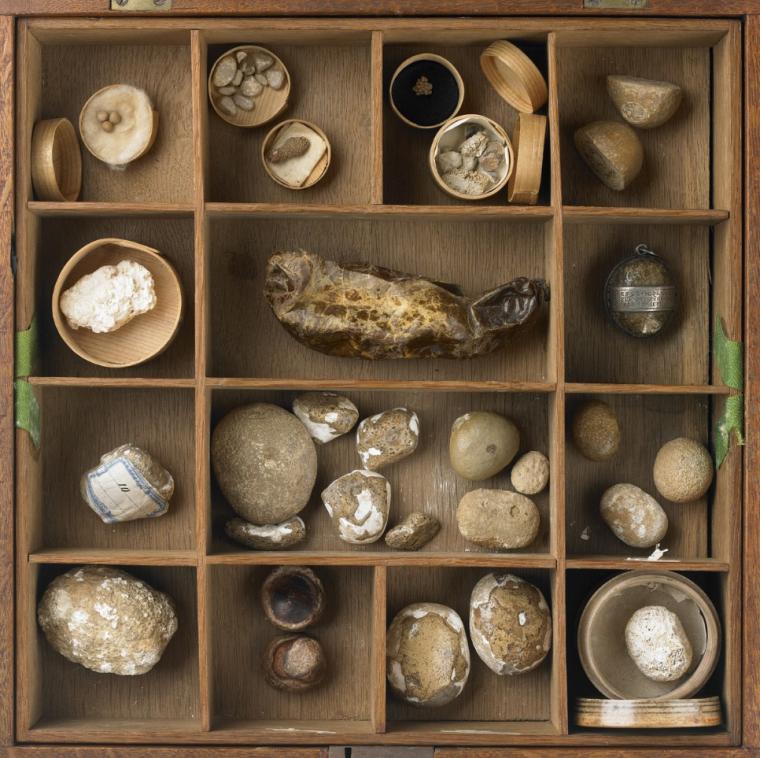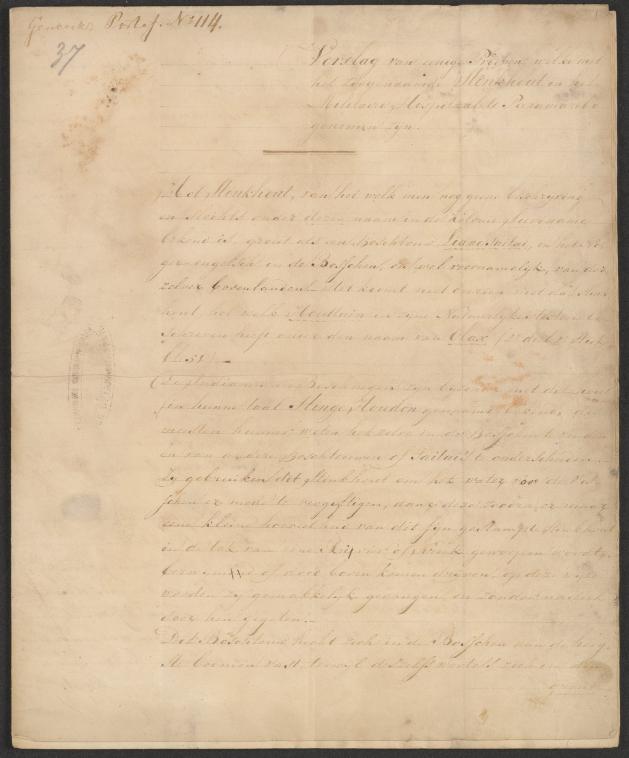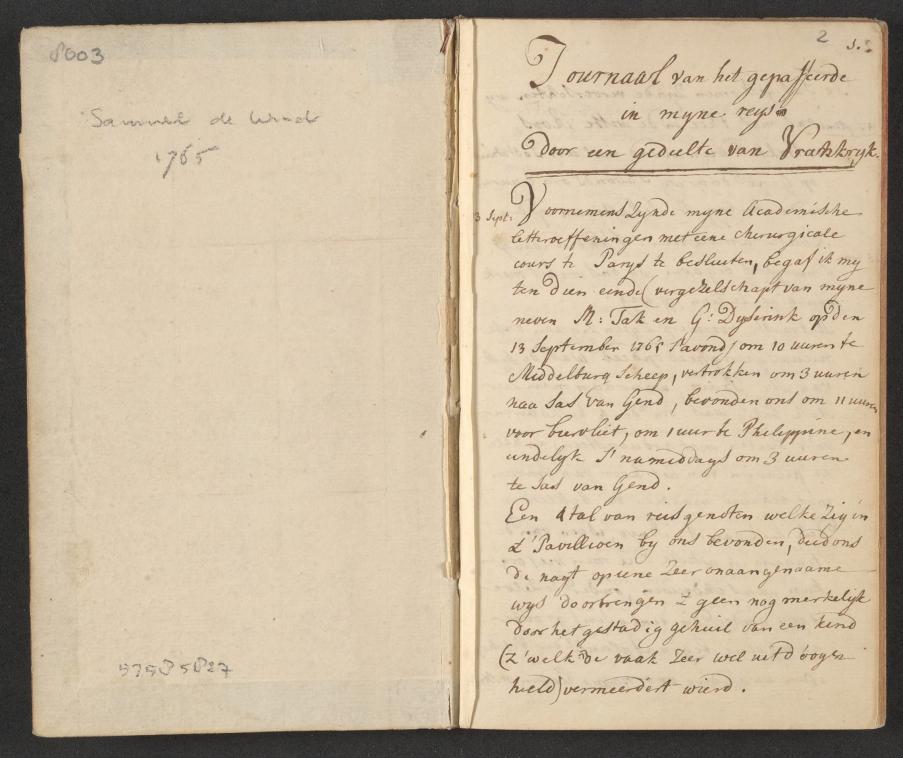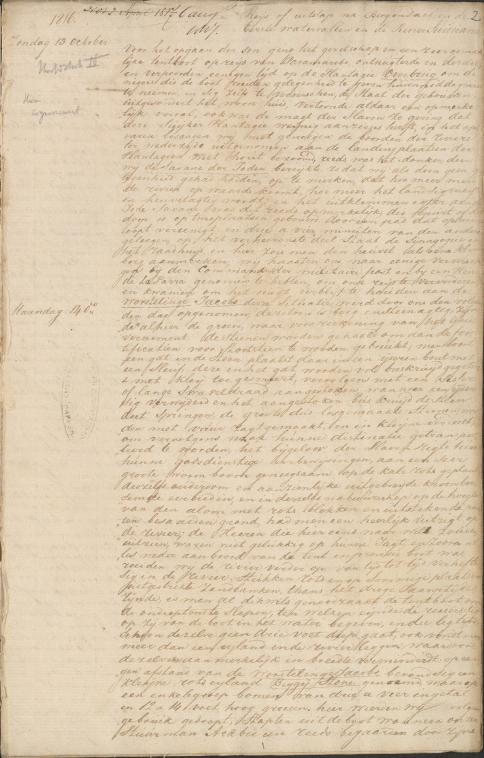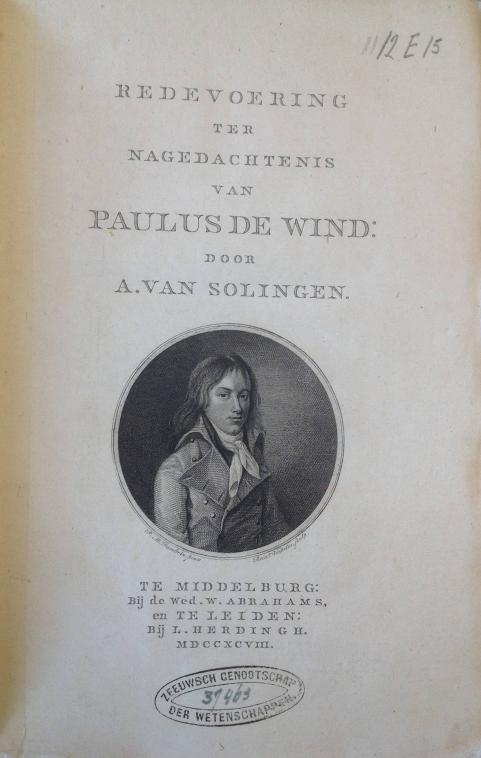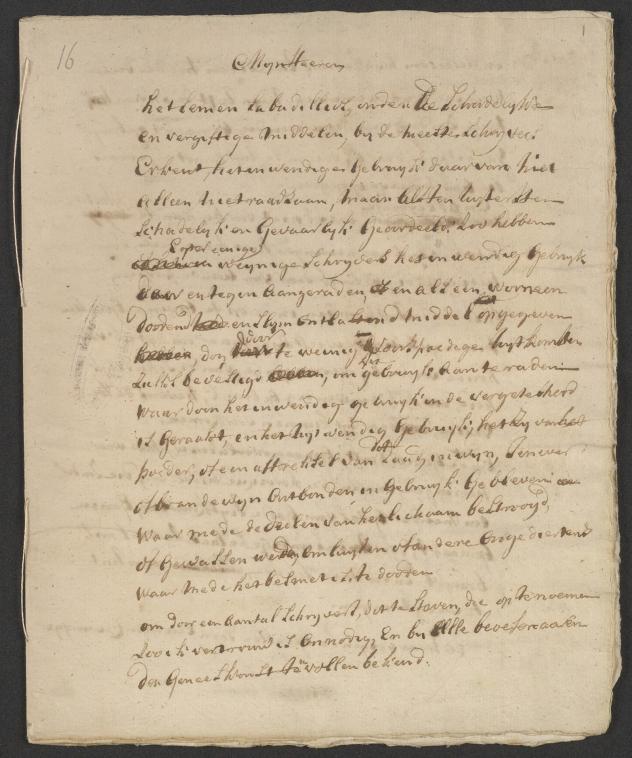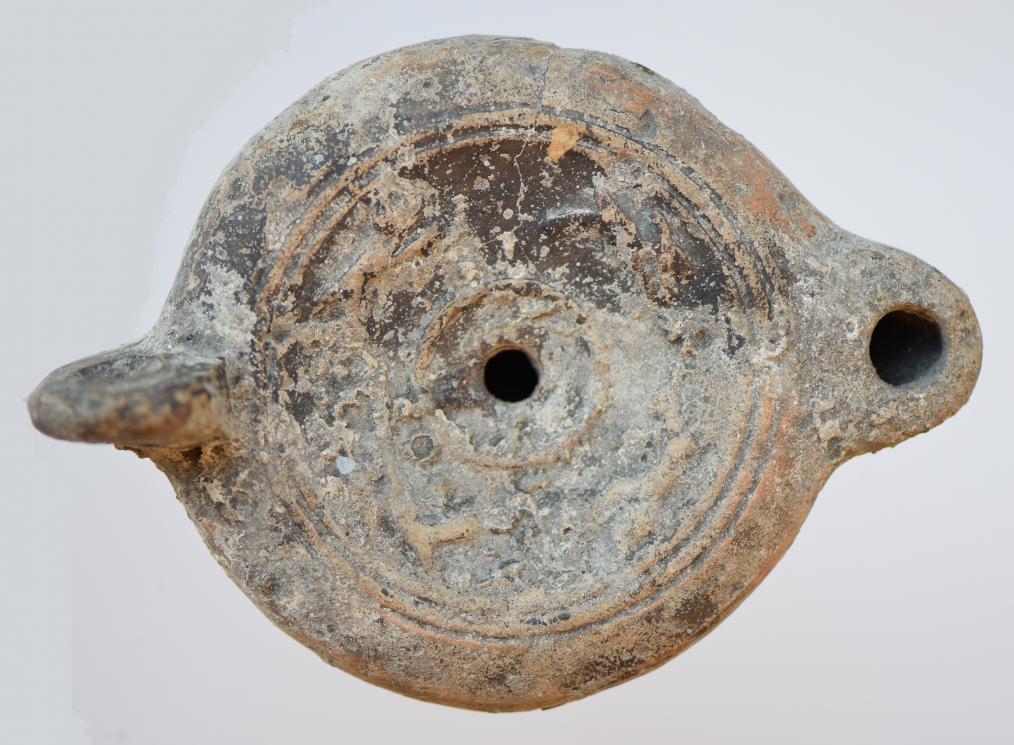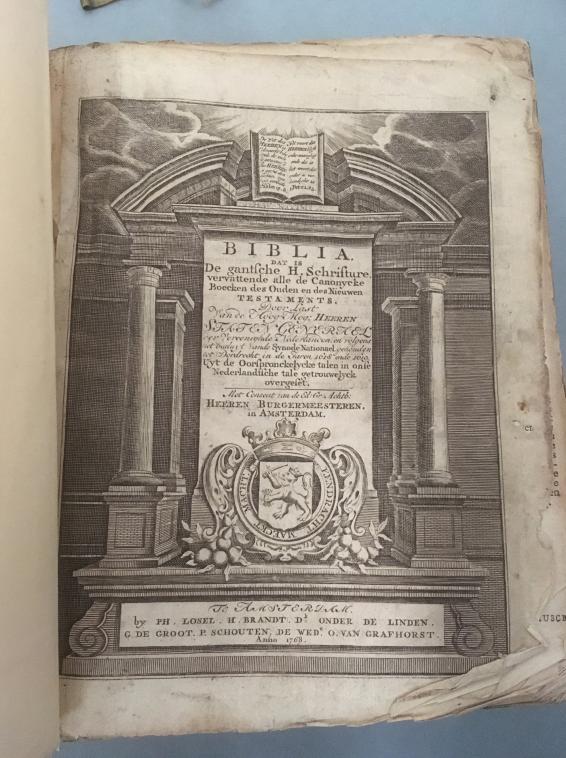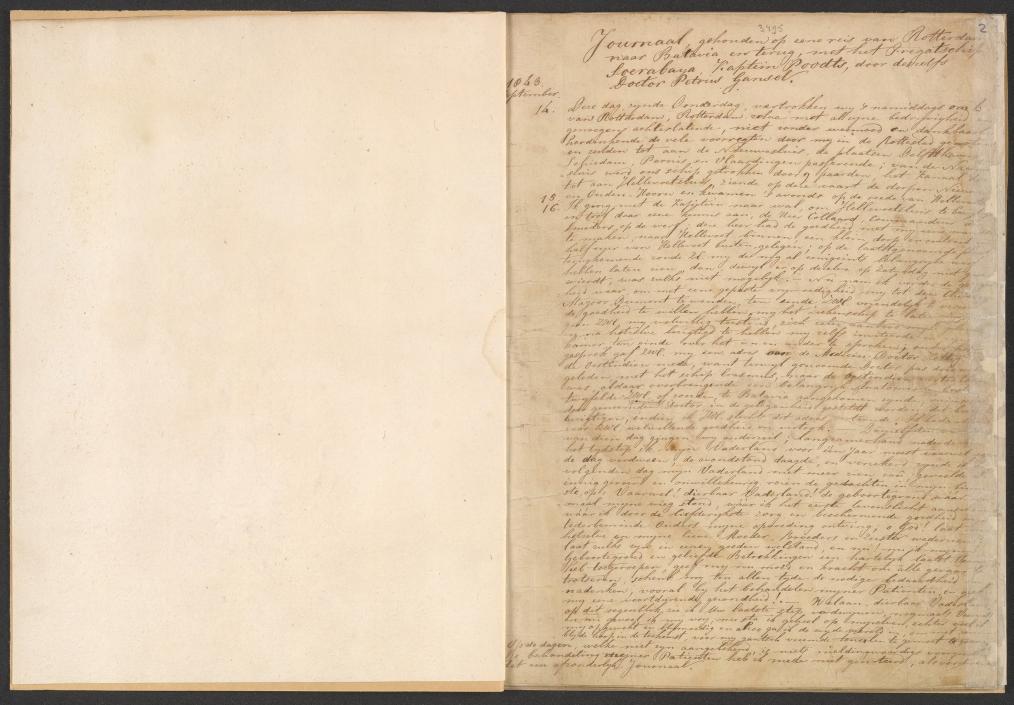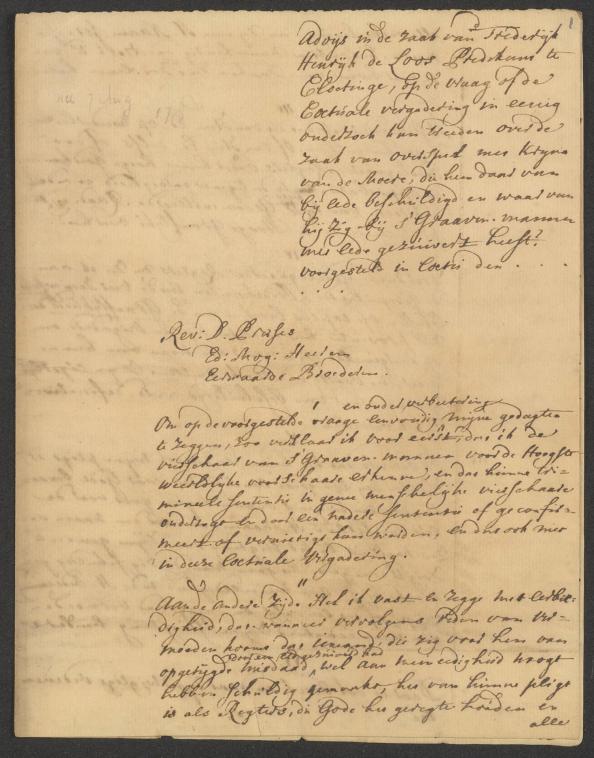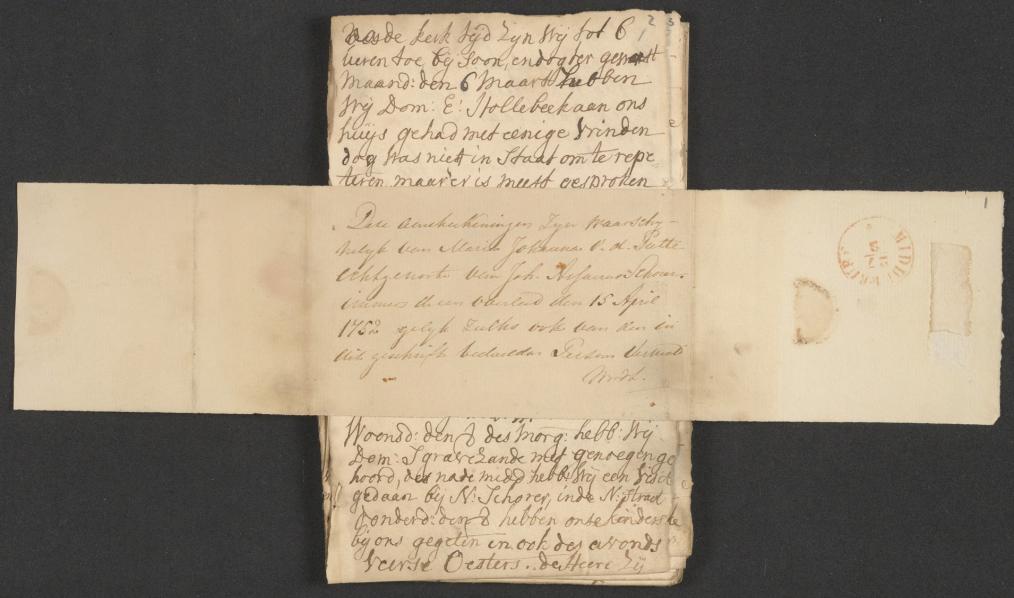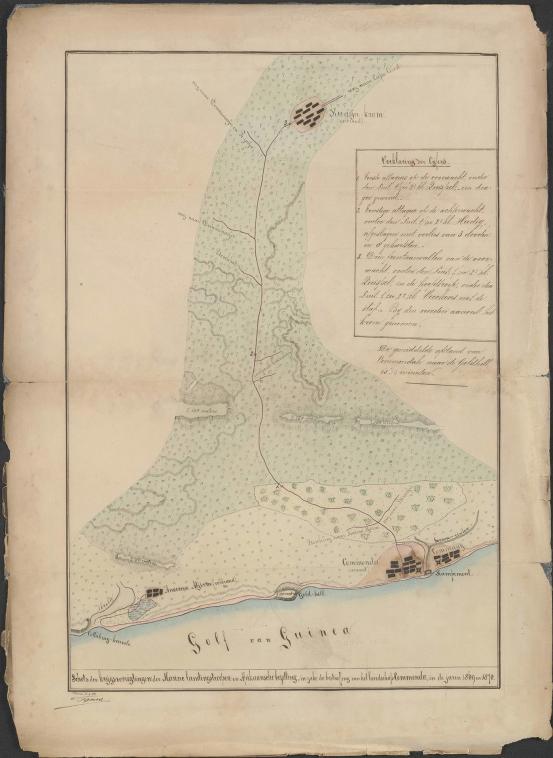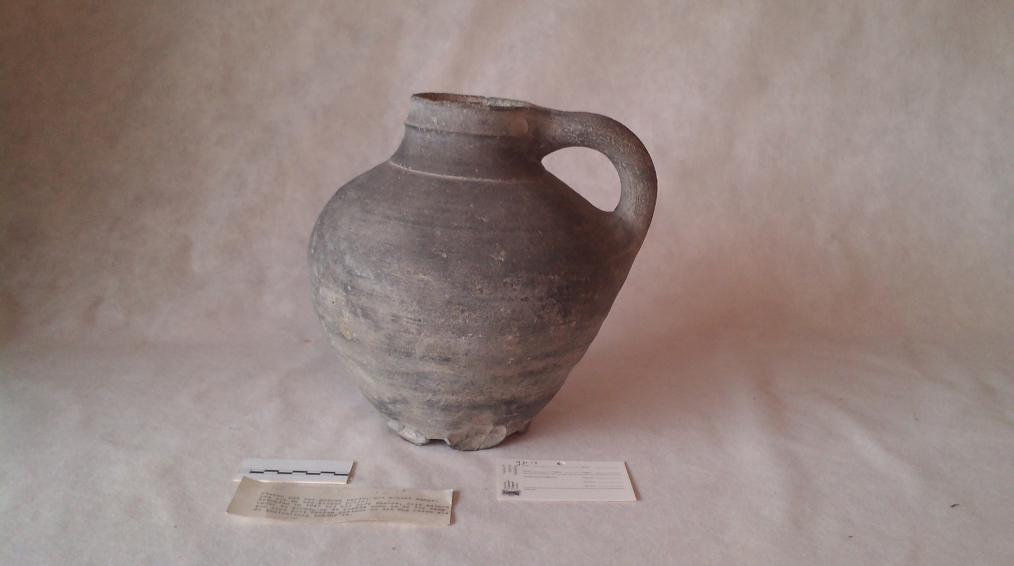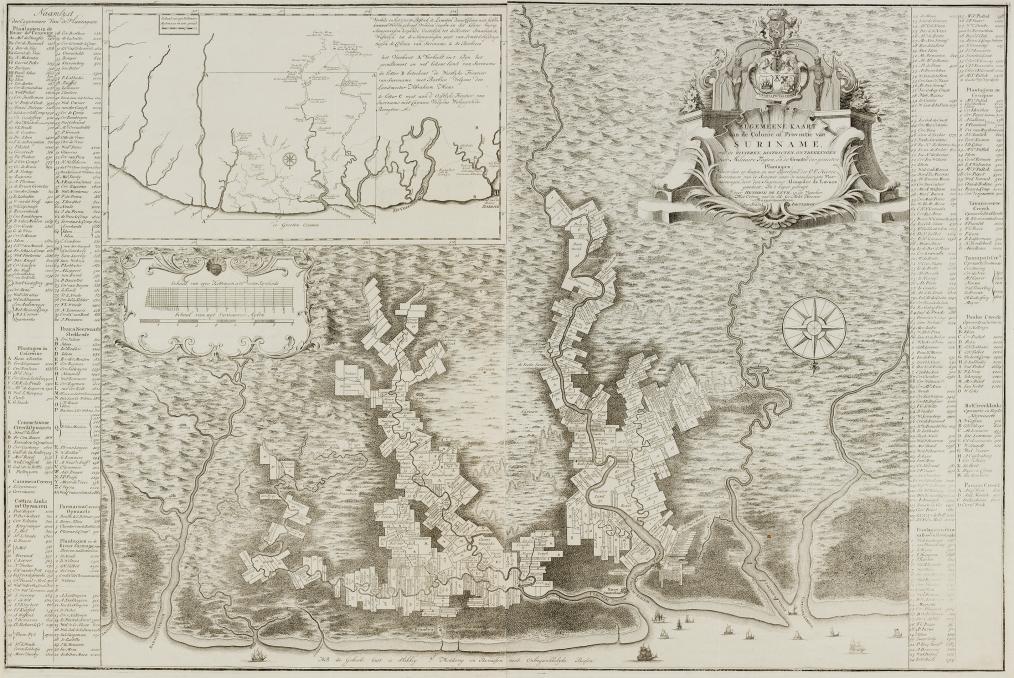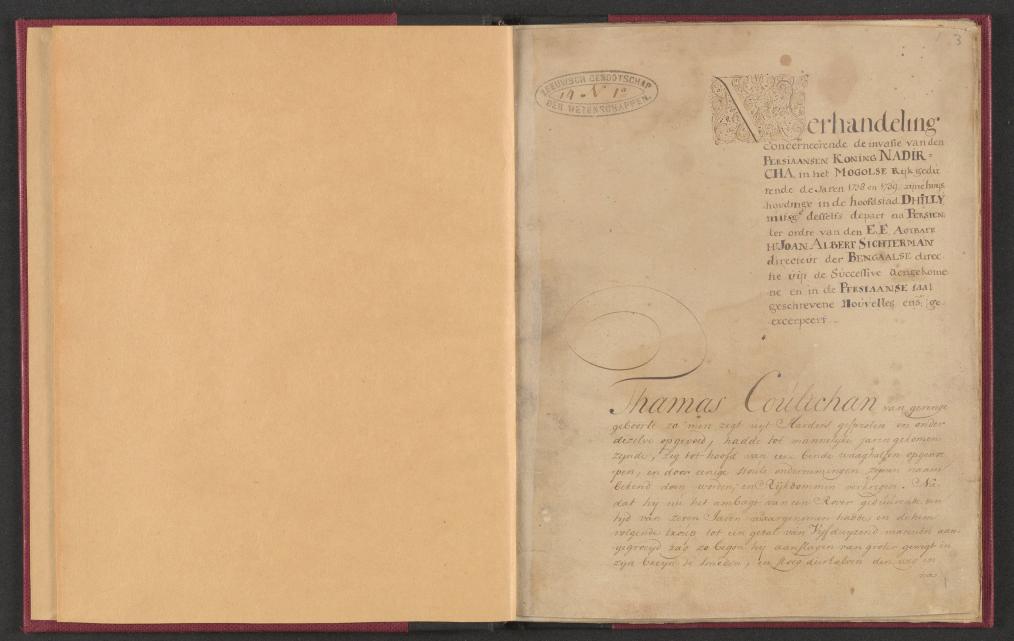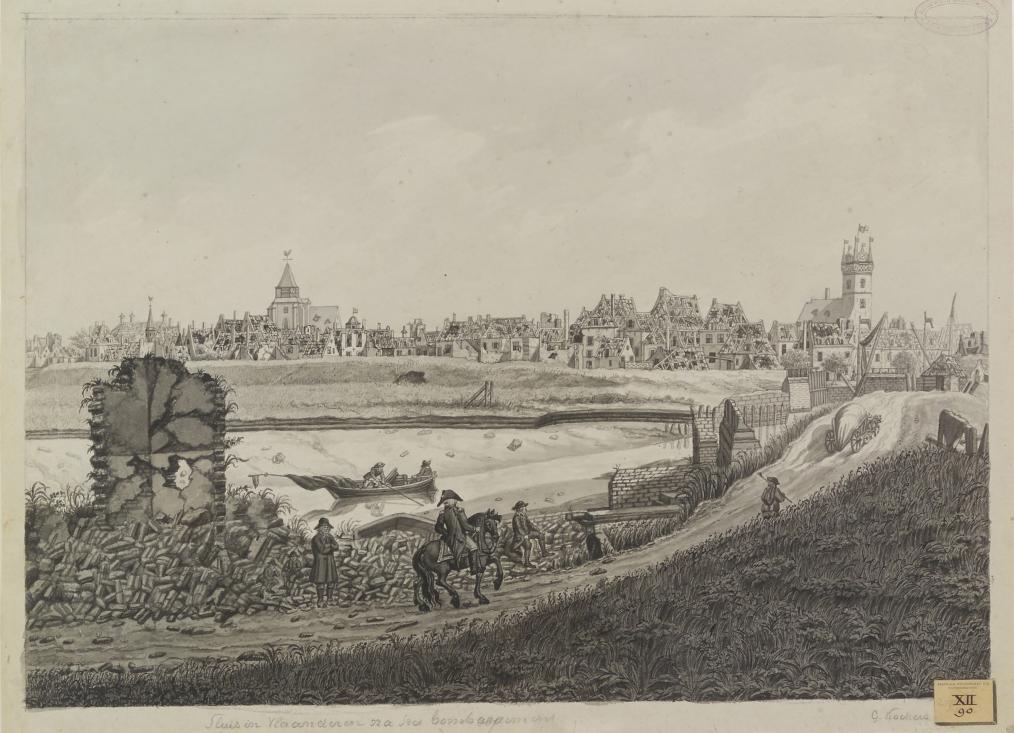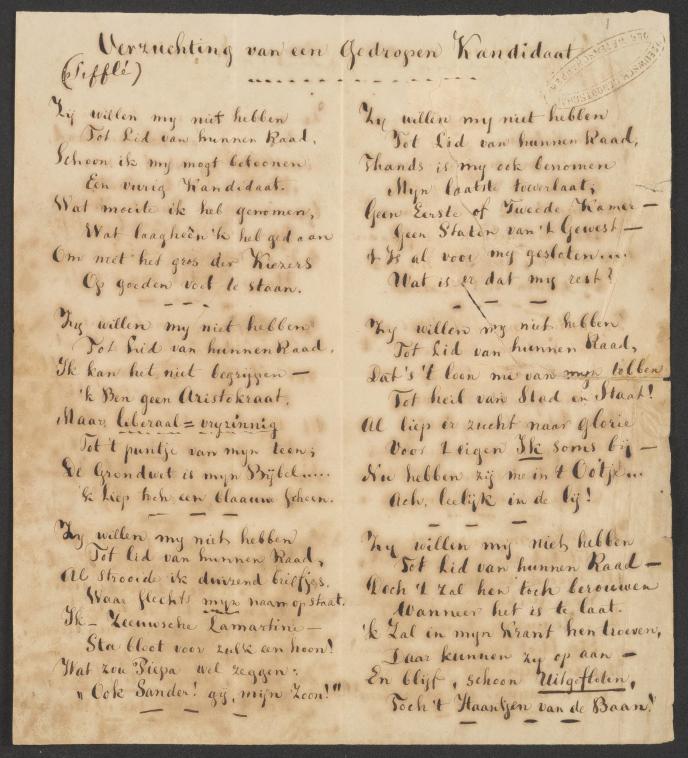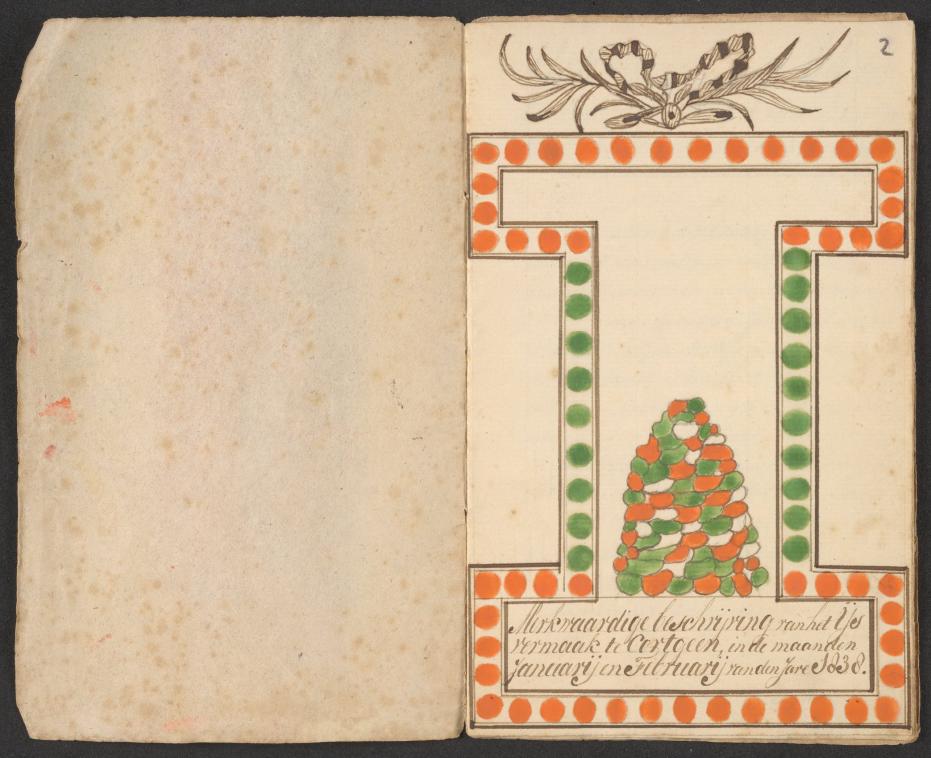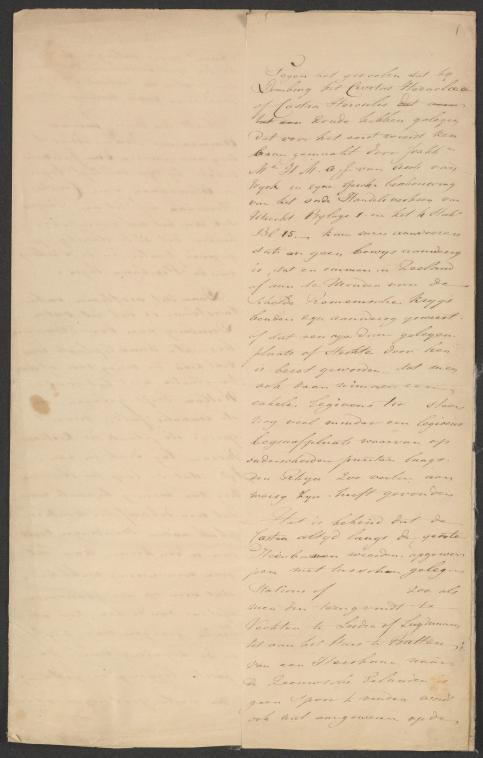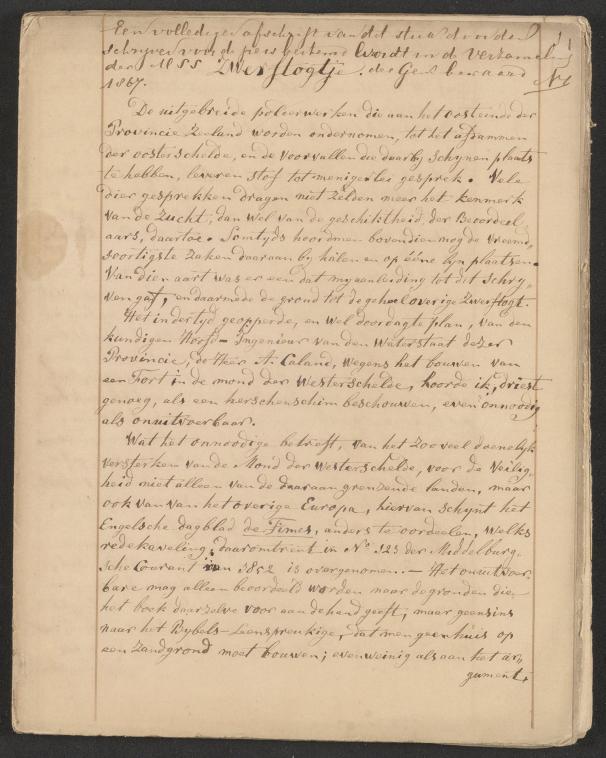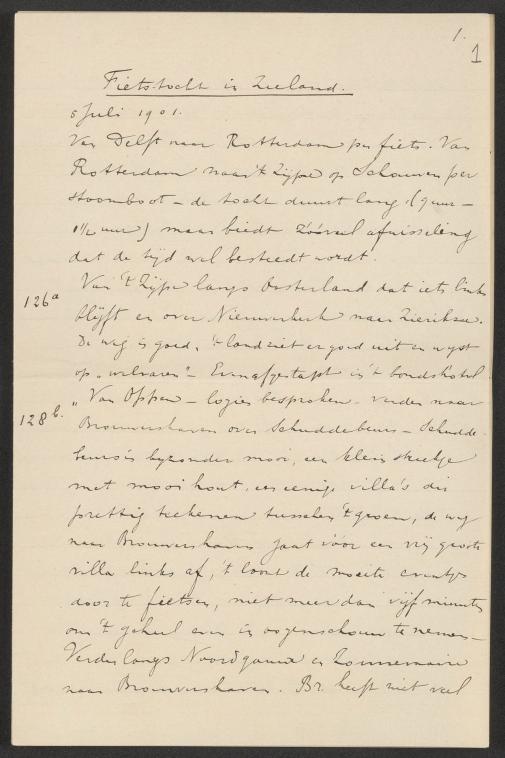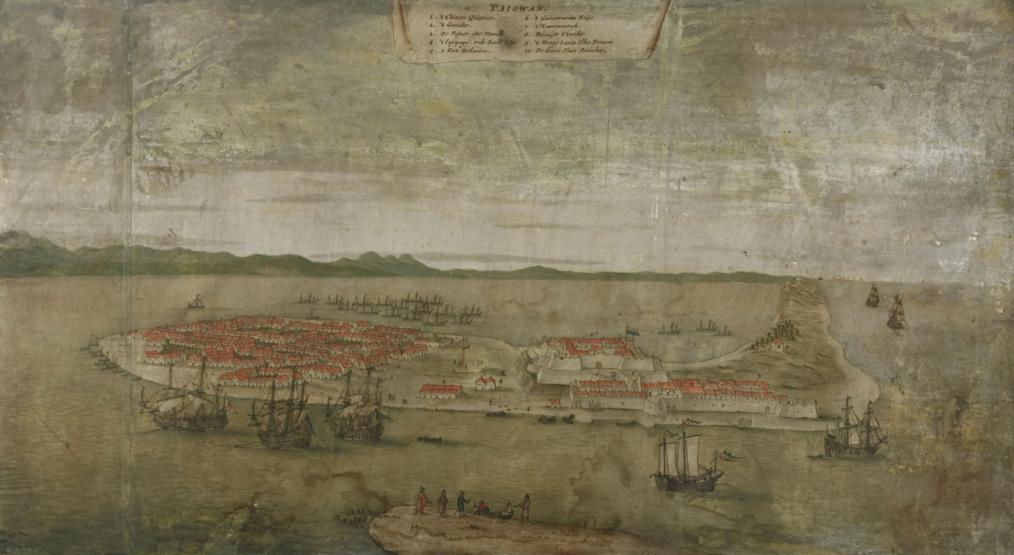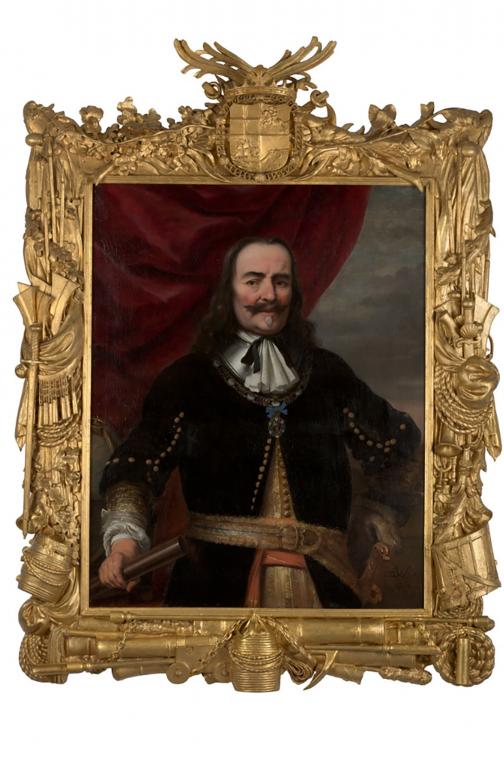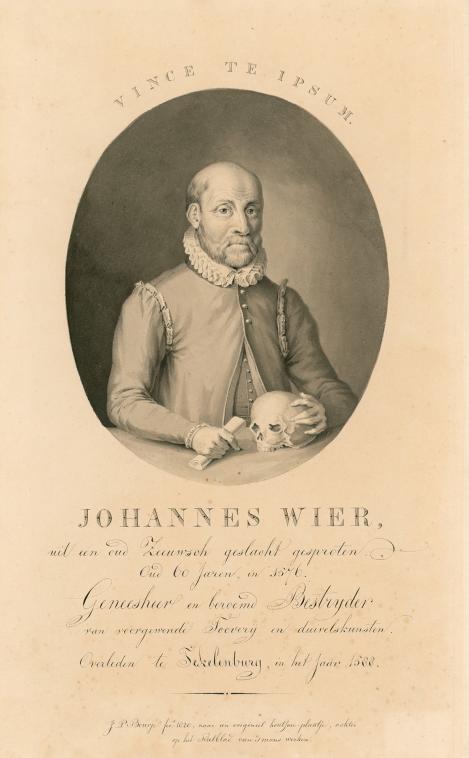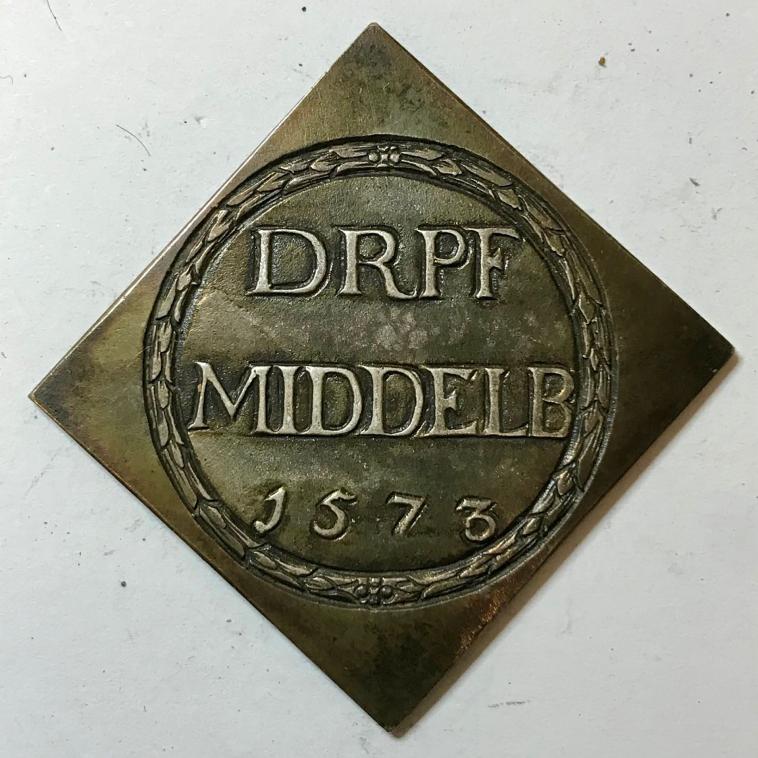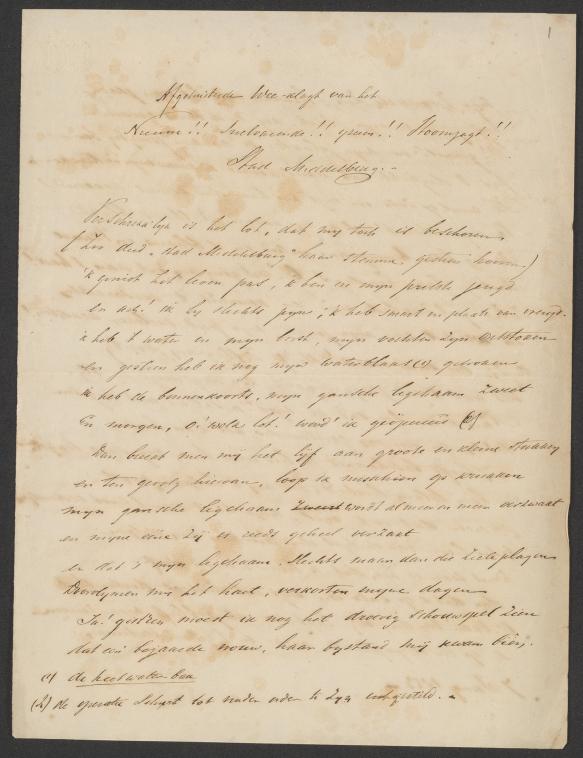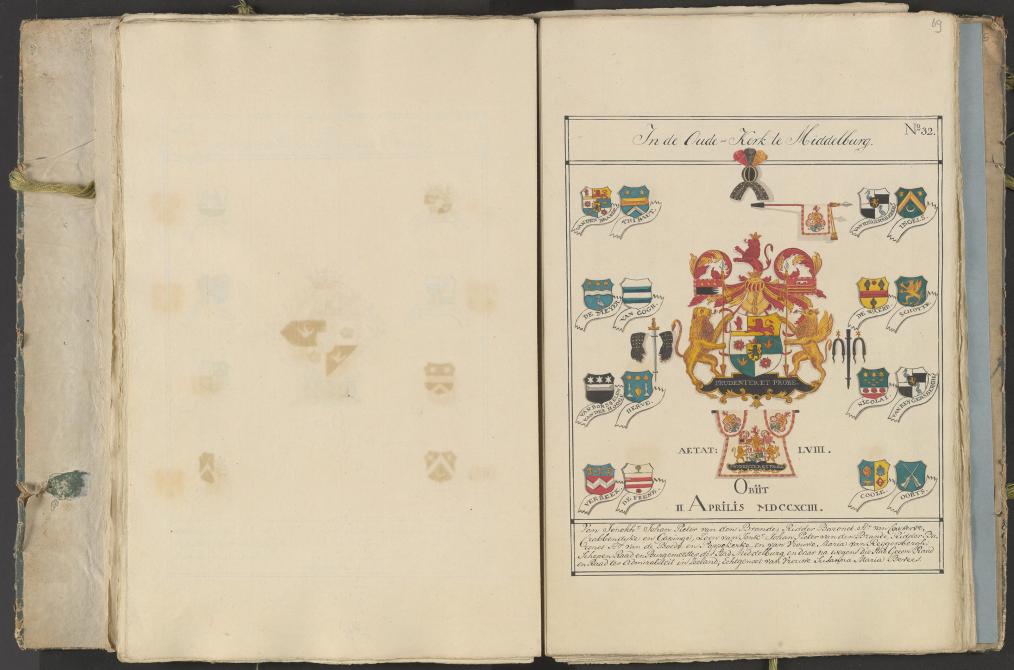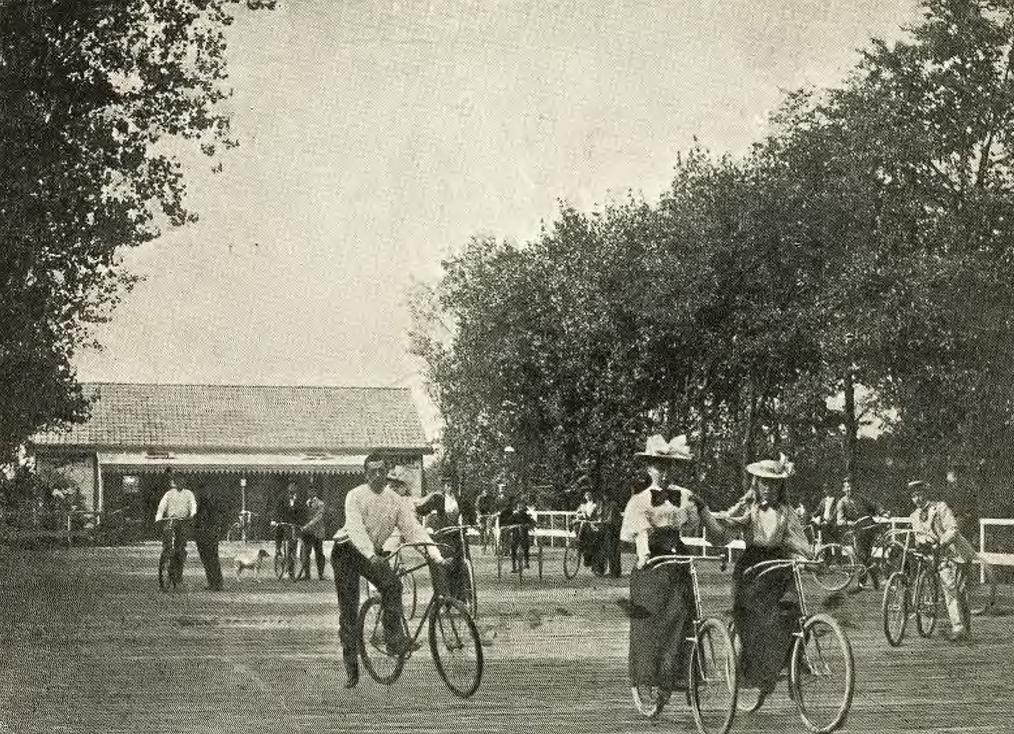Dossier: Overgave van Middelburg 1944
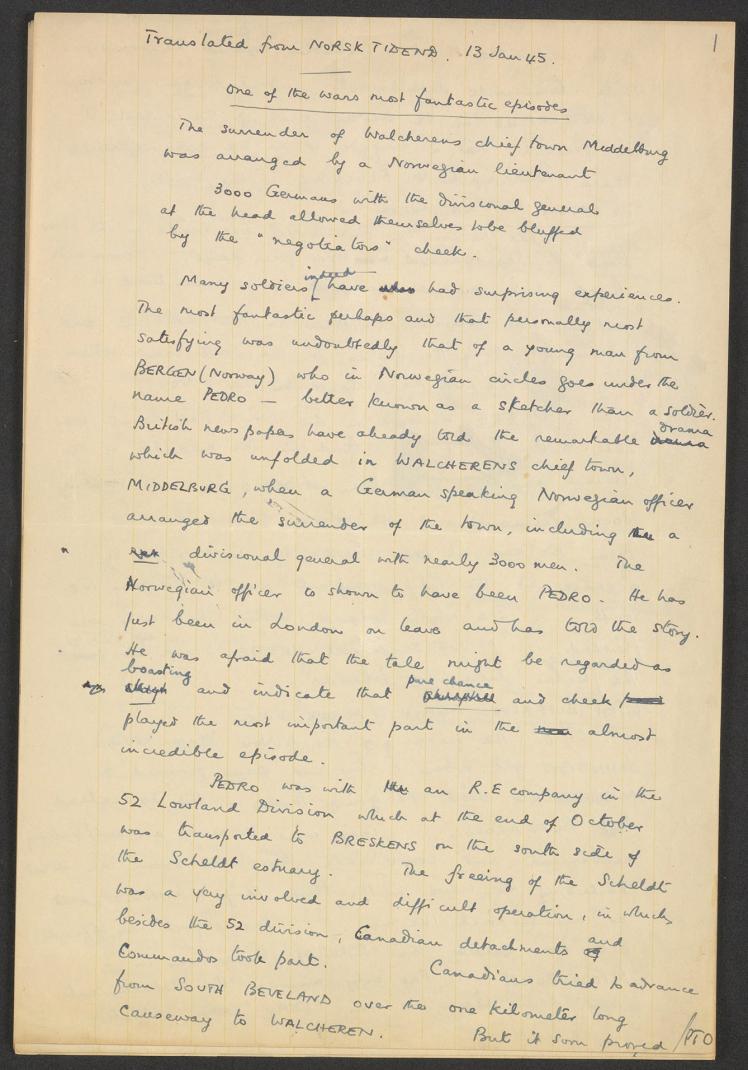
Translated from NORSK TIDEND 13 Jan 45
One of the wars most fantastic episodes
The surrender of Walcherens chief town Middelburg was arranged by a Norwegian lieutenant. 3000 Germans with the divisional general at the head allowed themselves to be bluffed by the ‘negotiators’ cheek.
Many soldiers indeed have had surprising experiences. The most fantastic perhaps and that personally most satisfying was undoubtedly that of a young man from BERGEN (Norway) who in Norwegian circles goes under the name PEDRO - better known as a sketcher than a soldier. British newspapers have already told the remarkable drama which was unfolded in WALCHERENS chief town, MIDDELBURG, when a German speaking Norwegian officer arranged the surrender of the town, including a divisional general with nearly 3000 men. The Norwegian officer is shown to have been PEDRO. He has just been in London on leave and has told the story. He was afraid that the tale might be regarded as boasting and indicate that pure chance and cheek played the most important part in the almost incredible episode.
PEDRO was with an R.E. company in the 52 Lowland Division which at the end of October was transported to BRESKENS on the south side of the Scheldt estuary. The freeing of the Scheldt was a very involved and difficult operation, in which besides the 52 division, Canadian detachments and Commandos took part. Canadians tried to advance from SOUTH BEVELAND over the one kilometer long causeway to WALCHEREN. But it soon proved [2] to be impossible to get a foothold in face of the enemy fire. While Commando detachments undertook new landings at WESTKAPELLE on the western coast of the island, it was decided that a brigade of the 52 division should attack FLUSHING in the south.
THE BATTLES FOR WALCHEREN
The landing in FLUSHING was made on the 1 Nov. Heavy battles took place for four days. Commando troops had managed in the meantime to exhaust the German batteries in WESTKAPELLE, and advanced along the dikes on the south coast where they formed up with the Scots on the 3 Nov.
VEERE, a town on the North East Coast was still holding out. And in the middle of the island was the chief town MIDDELBURG with nearly 3000 Germans and the whole divisional staff. From the east it was militarily impossible to advance - the only way out was to try from the south. The whole island within the dikes was flooded. MIDDELBURG and VEERE stuck up out of the masses of water like two islands.
WITH BUFFALOES AGAINST MIDDELBURG
On the morning of the 6 Nov. Major HUGH JOHNSTON got ORDERS to try and come forward to MIDDELBURG with seagoing tanks - the so called BUFFALOES. They were to make an outflanking movement and come into the town from the West. Including the crews on the tanks Major JOHNSTON had at his disposal 140 men. The object was to find out how the state of things was in MIDDELBURG. The only man in the detachment who knew German was PEDRO, who actually [3] should have been in charge of the clearing of mines. He was appointed interpreter for the expedition. They started about midday and the trip took three hours. About half way over one of the BUFFALOES was destroyed by a mine. A German came swimming out to them in order to surrender. He was a confused deserter and could not give any information of importance.
ENTHUSIASTIC RECEPTION
PEDRO was now in the first Buffalo which was moving forward a good way in front of the main force. Without any special incidents they came to the outskirts of the town where they, to their great surprise, got an enthusiastic reception from the town citizens. It was quite another kind of warm welcome they had expected, but of Germans they saw nothing for the moment. The Dutch were eager to tell them where the enemy was, so eager that it was impossible to understand what they said. A policeman in his colourful uniform was willing to lead them to the commander. PEDRO and a Scots captain climbed out of the tank and so began a remarkable march through the town.
WITH REVOLVER AND WHITE FLAG
First came PEDRO with the white flag in one hand and a revolver in the other, flanked by the policeman and the Scots captain. After him came the large BUFFALO and on both sides of the street, cheering Dutchmen, who had difficulty [4] in restraining their enthusiasm and making way for the procession. At a street corner PEDRO suddenly discovered a company of Germans who were marching. It was not surprising that he was a bit nervous. He waved eagerly both the white flag and the revolver while he waited for the Buffalo which had got a little behind in the crowd. But there was no danger.
SALUTE OF SURRENDER
The commander of the Germans saluted very stiffly and stated that he wished to surrender. The only thing PEDRO could think of doing with so many prisoners at once was to order them to remain drawn up on the pavement in marching order. Thereupon he told the company commander that he was to accompany him to the Commandant as a guide. The Dutch now began to hesitate, and were indeed afraid that shooting might start. As a matter of fact they were approaching the big square in front of the HQ of the commandant where it was remarkably quiet. PEDRO was (quaking in his shoes) but there was no way out. He went boldly up the staircase and into the Nazi HQ where it looked as if he were expected. The Commandant had assembled his whole staff who stood silently around him with highly polished pack boots, packed trunks and revolvers loose in their holsters - in other words ready for surrender. PEDRO came bustling in, dirty and grubby after his Buffalo trip with his sternest military expression on his face and in his best, though perhaps somewhat ungrammatical German [5] he demanded on behalf of the commander in chief of the Allied Forces, the town’s unconditional surrender. He said too a whole lot more - which perhaps formally was not quite right but he had clean forgotten how such negotiations should be carried on, and something had to be said. The Commandant finally got a word in. He was anxious to know PEDROS rank.
First Lieutenant, replied Pedro quite rightly – und was sind Sie?
‘Ich bin ein General’
The Commandant took this as being rather an insult. With a fine theatrical gesture, he tore aside the lapels of his overcoat where something red on his uniform came to view. ‘Ich bin ein General’.
Pedro is not accustomed to dealing with generals and was somewhat abashed. It was evidently not etiquette. The German indeed declared that it was quite impossible for a general to surrender to a mere lieutenant. Pedro could only declare that the town was completely surrounded. He had definite orders to take the town over, if not it would be immediately smashed by hundreds of large guns which were aimed at the HQ. The large force was commanded by a colonel - that was the furthest Pedro dare go. The general thought that under these circumstances he might surrender [6] to the colonel. So they had to wait for the colonel - or as Major Johnston more correctly said - to come.
THE CIVIL POPULATION BEHAVES ‘SCANDALOUSLY’
The situation began to become rather painful. The company’s chief forces had been held up outside in the town and over half an hour passed before they advanced to the square. The only consolation Pedro had was the one Buffalo, which stood juist outside the HQ with a machine gun pointed right into the window. Outside in the square there had gradually assembled several hundred German soldiers, who stood drawn up in line with all their paraphernalia ready to surrender. Around them the Dutch began to be rather threatening. Four years concentrated hate could not find its expression. Violent curses and spitting rained down on the somewhat abashed Herrenvolk who were bunched together and with downcast eyes awaited their military redemption. It offended German military honour, and the general who was nevertheless still the commander was nearly in tears.
ICH BIN EIN SOLDAT
Ich bin ein Soldat - Sie sind ein Soldat! Couldn’t Pedro do something to stop the civil populations ‘scandalous’ conduct? Pedro was more interested in a rather more ordinary matters. He was really afraid that a panic could start out on the square - for there might be thousands out there. It might happen that there were Germans who might fight. If one shot went off quite by chance - that would be enough. [7] Pedro went out. People made way. But he needed to do no more, because Johnston came with the rest of the company. Pedro explained the position in a jiffy. Johnston had nothing against a temporary promotion and became a colonel on the spot. And so the surrender of the town could take place in the form the Germans thought correct in accordance with military usages. Major Johnston read out a document which Pedro translated pretty freely, and the revolvers were delivered to the proud victors.
THE GENERAL WAS WILLING TOT CO-OPERATE
That the general and his staff had surrendered did not signify in the meantime that all was over. Several hundred soldiers still showed an evident wish to surrender, but out in the town were many others whom one did not know how they would turn out. From a few places indeed there was the sound of shooting. The general declared that he certainly no longer had authority. He was meanwhile willing to co-operate and ordered two German officers to go out into the town and stop the warlike ones. The firing stopped then and the officers came back. On this trip they had found out how moderate was the force at the disposal of ‘colonel’ Johnston. They understood that the whole was a big bluff. But before they got a chance to spread their knowledge, they were hustled into a room by themselves.
FINALLY
Twelve long hours went by before the small force [8] got reinforcements and each individual had his hands full enough. The Germans came marching in companies to the square to surrender. Small patrols were sent out to fetch those who likewise might be induced to surrender. Most of the Germans conducted themselves comparatively graciously but there was a Major-General who thought he could make an impression by conducting himself arrogantly after the best Nazi rules. He incurred Pedros wrath and was chosen to do a special job. The news had come that four bridges into the town were mined and the charges had to be taken away before the reinforcements could come in. Major Johnston had no men who could do such work and Pedro had the task of trying to get the Germans to do it. He chose the major general as a victim - but was met with protests.
NO FINE PRAYERS ANY USE
Here meanwhile no fine prayers were any use. The major general who stated that he had no gift for pioneer work, got unmistakeble orders, preceded by some well chosen threats to deal with the removal of the charges. This prime art of persuasion softened up the crusty fellow, who clicked his heels and gave the Nazi salute. This he ought not to have done. Pedro declared that if he saw that greeting again, the major general would be shot dead. The Nazi clicked his heels again, gave a smart salute bringing his hand up to his cap just as he had learned at school in the old days and exclaimed with trembling voice: Jawohl! [9] as a sign that he understood the speech.
A moment later one could hear the major general outside in the square. He ordered German pioneers among the prisoners to report to him forthwith. Pedro gleamed a smile. Het thought it was ‘a real treat’ as they say in Bergen.
Transcriptie J. de la Hayze

